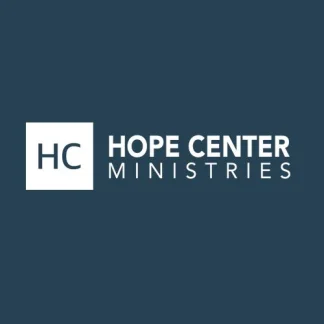Hope Center Ministries - Memphis Men's Center
Piperton, Tennessee, 600 Keough Drive, 38017
Available Programs
- Adult program
- Program for men
- Young adult program
Insurance and Financial
- Monthly : $700
- Self-pay options
About this Facility
Hope Center Ministries–Memphis Men’s Center is a faith-based, 12 step focused drug and alcohol rehab for adult men in Memphis, Tennessee. They offer long term residential care in a private, wilderness setting. Specialized programs for young adults and justice involved persons are available. Primary treatment modalities combine individual, group, and family counseling with spiritual development and recovery focused life skills training.
Hope Center Ministries–Memphis Men’s Center is a faith based addiction recovery program for adult males in Memphis, Tennessee specializing in long term, 12 step focused residential care. In addition to individual, group, and family counseling, they prioritize spiritual development and the cultivation of recovery focused life skills. Young adult programs and services for justice involved persons are available.
Men in Hope Center Ministries’ residential program receive intensive, step down care across a minimum of eight months. Their treatment facility is located in a private, wilderness setting with premium amenities. The faith based, 12 step program is rooted in the Celebrate Recovery! Model and combines individual, group, and family therapy with Bible study, spiritual development, and recovery focused life skills training. Clients received academic and vocational training, career counseling, and courses in coping, self care, wellness, trauma resolution, and relapse prevention. Complementary treatments include recreational, exercise, and adventure therapy.
Hope Center Ministries promotes long term sobriety through a robust continuum of care. Their aftercare services are designed to ensure sustained support through peer coaching, recreational and social gatherings for alumni and families, community based 12 step program induction, and other services as needed.
Hope Center Ministries accepts self pay. Need based financial assistance may be provided dependent upon funding availability.
Contact us for more information: (866) 396-4673

Contact Hope Center Ministries - Memphis Men's Center
Connect with Hope Center Ministries - Memphis Men's Center by calling their admissions team directly.
(866) 396-4673 Website Get Directions